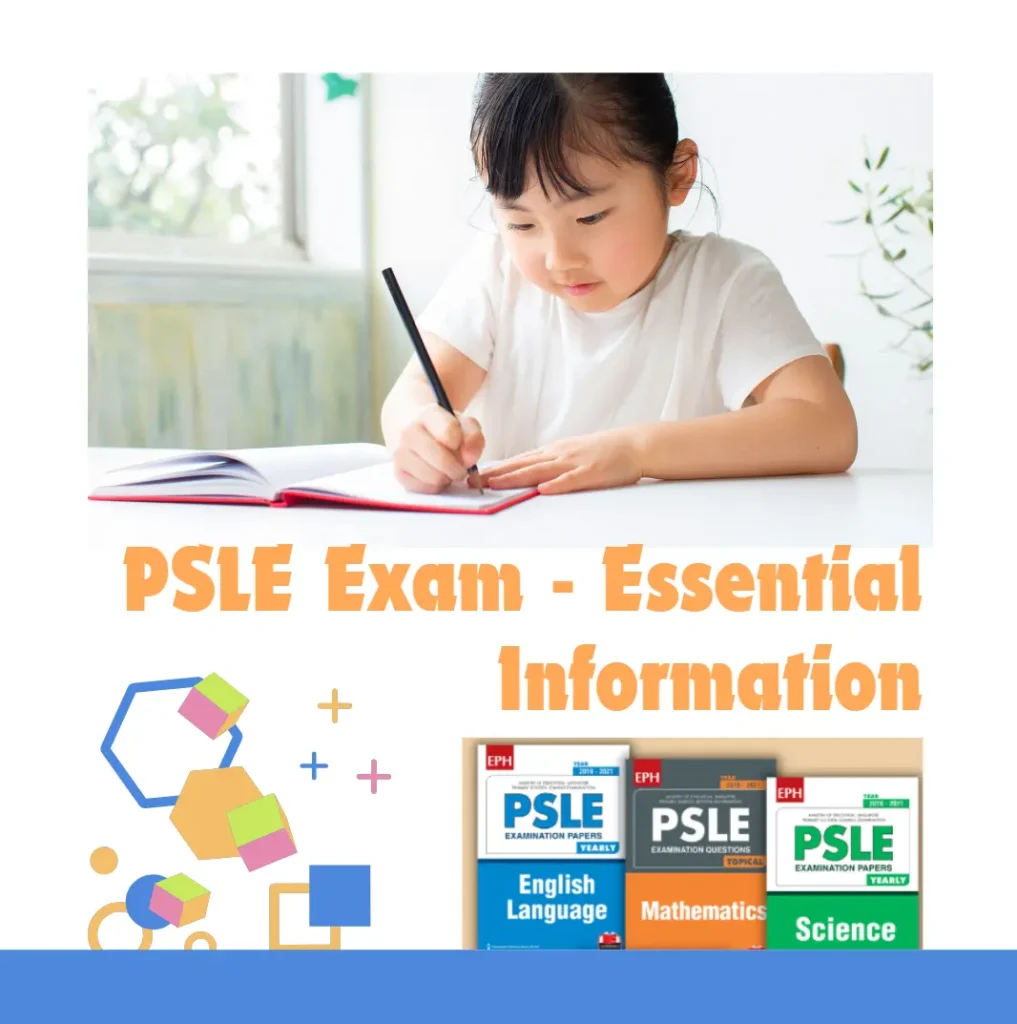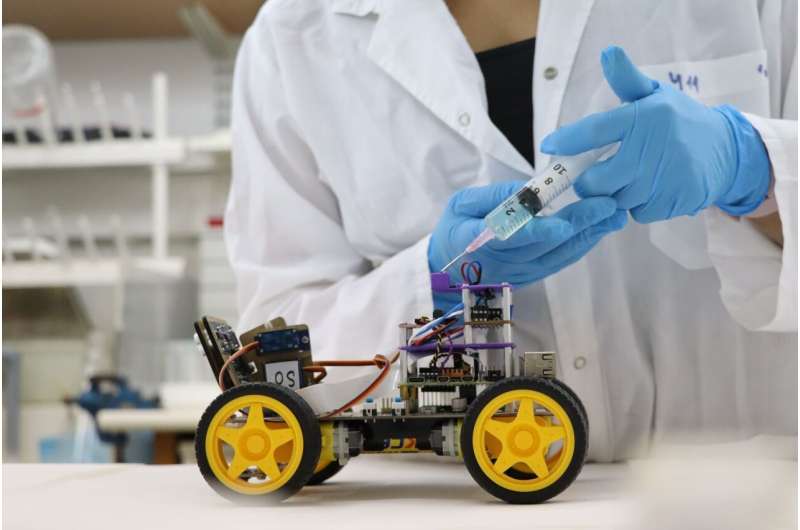What is the PSLE Exam in Singapore?
The PSLE is a mandatory exam that students in Singapore must take after they complete their primary school education (after grade 6, after 12 years). The exam is taken at a significant transition point for students moving from grade 6 to secondary school. Inspired by similar student testing worldwide, the PSLE exam will help children understand their own learning levels compared to what it ought to be. The exam is crucial in determining which secondary schools that students can apply to and attend. Therefore, there is a lot of seriousness among educators, parents, and students for this exam in Singapore.
Students in Singapore start to prepare early for the PSLE exam. Schools create plans to help students learn and revise effectively. Students are provided with different levels and types of support in terms of group work and one-on-one help. Schools and students focus on revision and on closing the learning gaps specific to topics.
Parents play a key role in their children’s PSLE preparation. Their active involvement significantly impacts their child’s readiness, from providing a conducive study environment to offering encouragement and motivation. Some parents also enroll their children in supplementary coaching classes, further enhancing their performance in the exam.
The PSLE Exam – Coverage
The PSLE exam tests students in four subjects: English language, Mother Tongue Language, Science and Mathematics. Each subject has its own syllabus that is used as the coverage basis for the test. The coverage used ensures that the primary school is in agreement with the national curriculum.
The PSLE english syllabus was designed to evaluate students’ communication skills in English covering Writing, Listening, Reading and Speaking.
The PSLE Math Syllabus covers a vast array of topics such as Algebra, Numbers, Measurement, Geometry and Statistics.
Numerics & Algebra:
- Whole numbers: Writing, Reading and comparing numbers; Operations using Whole numbers
- Fractions: Understanding fractions, comparing fractions, adding, subtracting, multiplying and dividing fractions
- Decimals: Understanding decimals, comparing decimals, adding, subtracting, multiplying and dividing decimals
- Percentage: Understanding percentages and calculating percentages, converting between decimals, fractions and percentages
- Ratio: Understanding the concept of ratio, locating the missing word in a number, solving problems that involve ratio
- Speed rate, time, and speed: Understanding speed, rates and time; resolving problems that involve speed, rate, time and speed Geometry and Measurement Geometry
- Perimeter: Calculating perimeter
- Angles: Measure angles, identifying the different kinds of angles
- 2D shapes: Identifying and categorizing 2D shapes by calculating the area and the perimeter of 2D shapes
- 3D shapes: Identifying and categorizing 3D shapes by calculating the volume and area of 3D shapes Statistics
- Data Collection and Organization: Collecting and arranging data
- Describing data: Describing data by using measures of central tendencies (mean median, mean,) and dispersion measures (range and quarterlies,)
- Representing Data: Presenting data with tables, charts and graphs
- Probability: Understanding fundamental concepts of probability (e.g. probabilities, likelihood events, likelihood)
- Inferences Based on Statistics: Drawing inferences about the population by using the data of a sample
The PSLE Science Syllabus covers a vast array of topics such as Energy, Cycles, Environment, Diversity, and Systems & Interactions. The syllabus is developed to help students get an excellent foundation of Science knowledge and be well-prepared to meet the requirements of Secondary school.
The PSLE Exam – Scoring System
The performance on each subject by a student is rated on an 8 point scale (1 being the highest score) called the Achievement Level (AL). Each AL corresponds to specific marks achieved in the test.
The total score is the sum of the AL scores achieved in each of the subjects. The Total PSLE Score is typically between the 4 and 32 mark range, derived from combining scores in four core PSLE subjects.
Common Mistakes made by students in the PSLE Exam
Some of the common mistakes done by past students in the PSLE exam are:
- Inadequate practice despite knowing the concepts well
- Mismanagement of time, especially when the student didn’t practice against time
- Word Problems for young students can pose a challenge
- Fatigue before the exam
PSLE math can be difficult for young students, but there are ways to simplify the preparation process with techniques and tips. It is a matter of identifying the gaps and practicing the right way to reach their desired scores.
Hope this is useful, thank you.
You may like to read: 11 Plus & Grammar Schools in the UK, Microbit & Micro Python for Kids, & Coding Classes for Kids




